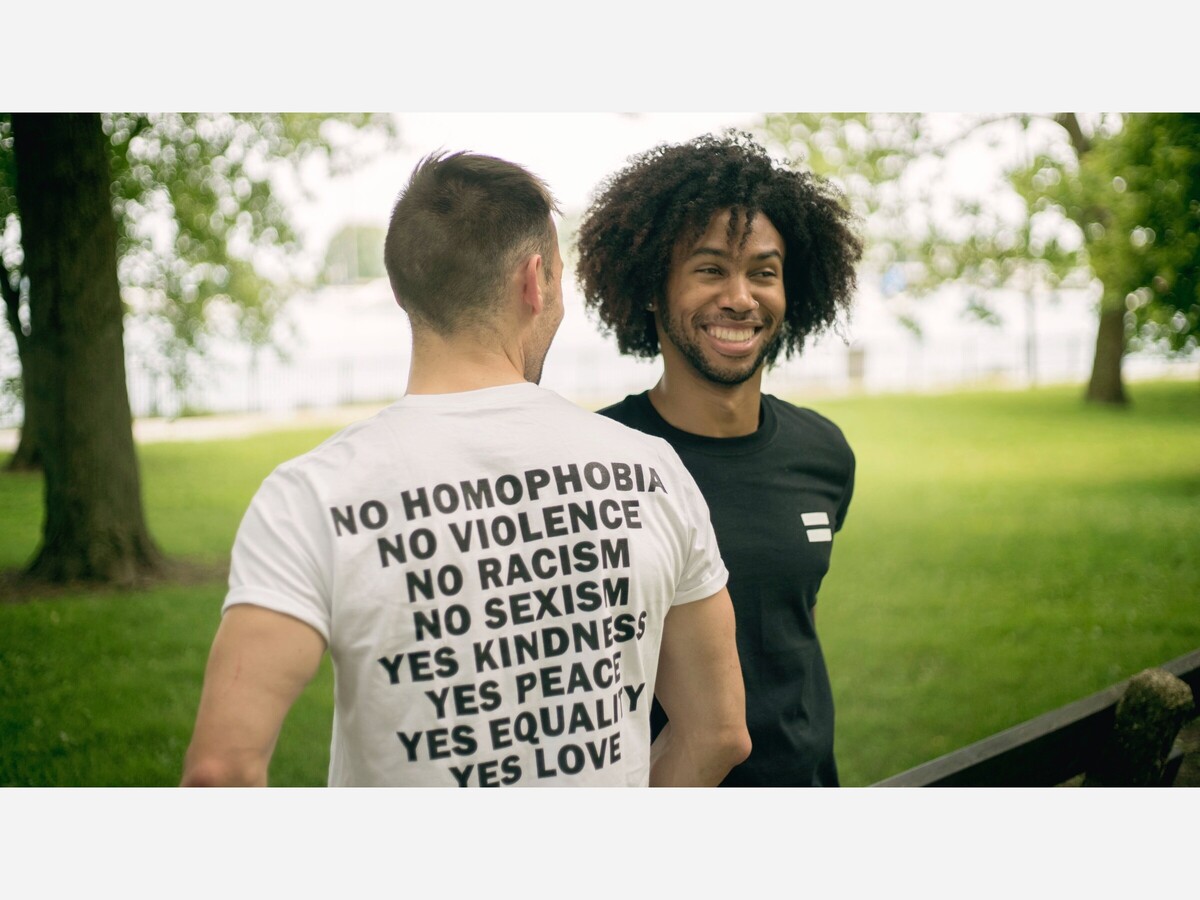Image


Diversity is an essential component of society, encompassing the differences in race, ethnicity, gender, sexual orientation, religion, and other characteristics that make each person unique. Valuing diversity means recognizing and respecting these differences and their importance in building a more inclusive and equitable world.
However, valuing diversity is not a one-time action or a static state of being. Instead, it is a continuous learning process that requires ongoing education, exposure, and self-reflection.
Education is an essential tool for understanding and valuing diversity. It provides individuals with the knowledge and skills necessary to recognize and challenge biases and stereotypes, understand the importance of representation and inclusion, and appreciate the diversity of perspectives and experiences that make up our world.
Exposure to diverse people and experiences is another crucial component of valuing diversity. It allows individuals to gain firsthand knowledge of different cultures, traditions, and perspectives and develop empathy and understanding. Exposure to diversity can take many forms, such as traveling to different countries, attending cultural events, or engaging in community service. It is essential to actively seek opportunities for exposure to diverse experiences and people, as it is not always readily available in all communities.
Self-reflection is essential to value diversity, as it allows individuals to examine their biases, beliefs, and experiences and how they may impact their perceptions and interactions with others. Self-reflection involves taking an honest look at oneself and acknowledging areas for growth and improvement. It can include examining one's privilege, biases, and stereotypes and actively working to challenge and overcome them.
Challenges and Barriers to Valuing Diversity and How to Overcome Them
Valuing diversity is critical to creating a more inclusive and equitable society. It requires recognizing and respecting differences in race, ethnicity, gender, sexual orientation, religion, and other characteristics that make each person unique. However, despite the importance of valuing diversity, some potential challenges and barriers can prevent individuals and societies from fully embracing it. Here are some of the most common challenges and how to overcome them:
Implicit Bias is individuals' unconscious bias based on their experiences, culture, and environment. This can lead to negative stereotypes and Discrimination towards individuals from different backgrounds. Individuals must become aware of their biases and work on challenging and reframing them to overcome implicit bias. This can involve engaging in open dialogue with people from different backgrounds, seeking diverse perspectives and experiences, and learning about other cultures and traditions.
Lack of Exposure to diversity can prevent individuals from fully understanding and appreciating different cultures, perspectives, and experiences. This can occur due to geographic isolation, social segregation, or lack of access to diverse resources. To overcome this barrier, individuals should seek opportunities to engage with people from different backgrounds, such as attending cultural events or participating in community service. This can also involve expanding one's knowledge through books, films, and other media highlighting diverse perspectives.
Institutionalized Discrimination refers to policies and practices perpetuating systemic biases and inequalities. This can include Discrimination in housing, education, healthcare, and employment. Individuals and communities must work together to advocate for policy changes and challenge discriminatory practices to overcome institutionalized Discrimination. This can involve activism, voting for representatives who support diversity and inclusion, and supporting organizations that promote diversity and equity.
Fear of the Unknown can prevent individuals from engaging with people from different backgrounds or seeking diverse experiences. This fear can stem from a lack of familiarity with other cultures or an apprehension about being judged or misunderstood. Individuals can seek out safe spaces for open dialogue and cultural exchange to overcome this barrier, such as interfaith groups or diversity and inclusion training programs.
Conclusion
Valuing diversity is a continuous learning process that requires ongoing education, exposure, and self-reflection. It involves actively seeking knowledge about different cultures, traditions, and perspectives, engaging in diverse experiences, and examining one's biases and beliefs. By continuously learning and growing, individuals can work towards building a more inclusive and equitable society that values and celebrates diversity in all its forms.